Earth
Sign up for our newsletter
We summarize the week's scientific breakthroughs every Thursday.
-
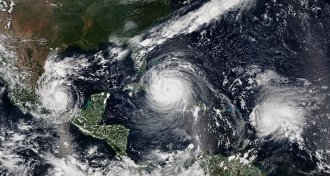 Climate
ClimateWarm tropical Atlantic waters juiced the 2017 hurricane season
Anomalously warm ocean waters in the tropical Atlantic Ocean drove 2017’s hurricane powerhouses.
-
 Materials Science
Materials ScienceThis reflective paint could keep sunbaked buildings cool
A new type of polymer coating that reflects sunlight to control heat could supplement or replace air conditioning systems.
-
 Psychology
PsychologyShahzeen Attari explores the psychology of saving the planet
Merging psychology with engineering, Shahzeen Attari probes how people think about conservation, energy use and climate change.
By Bruce Bower -
 Earth
EarthChristopher Hamilton explores the architecture of other worlds
Planetary scientist Christopher Hamilton uses Earth’s volcanic structures are a blueprint for how lava shapes other worlds.
-
 Planetary Science
Planetary ScienceReaders contemplate water on Mars and more
Readers had questions about the significance of finding water on mars, air pollution from wildfires and spray-on sensors.
-
 Agriculture
AgricultureCan science build a better burger?
Researchers hope to replace whole animal agriculture and feed the world with lab-made meats or plants.
By Susan Milius -
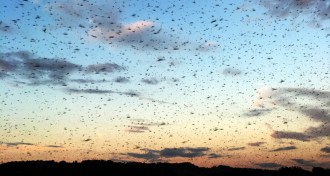 Ecosystems
EcosystemsConfused mayflies wreak havoc on a Pennsylvania bridge
Cleaning a river in central Pennsylvania brought back mayflies, which now pose a threat to motorists crossing a bridge.
-
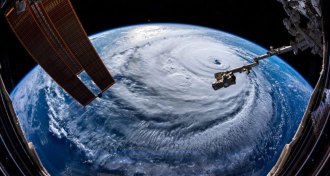 Climate
ClimateHere’s how climate change is fueling Hurricane Florence
Scientists take a stab at predicting climate change’s influence on Hurricane Florence.
-
 Earth
EarthA new map reveals the causes of forest loss worldwide
A new study shows where global forest loss is due to permanent deforestation versus short-term shifts in land use.
-
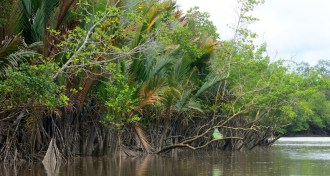 Earth
EarthSea level rise doesn’t necessarily spell doom for coastal wetlands
Wetlands can survive and even thrive despite rising sea levels — if humans give them room to grow.
-
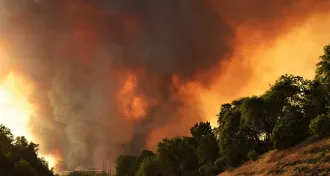 Climate
ClimateWildfires make their own weather, and that matters for fire management
Mathematical equations describing interactions between wildfires and the air around them help explain their power and destruction.
-
 Oceans
OceansA massive net is being deployed to pick up plastic in the Pacific
As the Ocean Cleanup project embarks, critics remain unconvinced that scooping up debris is the best way to solve the ocean’s plastic problem.